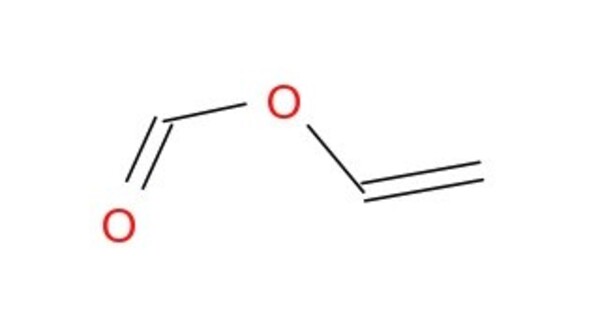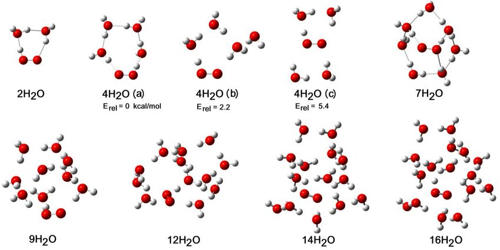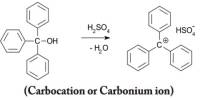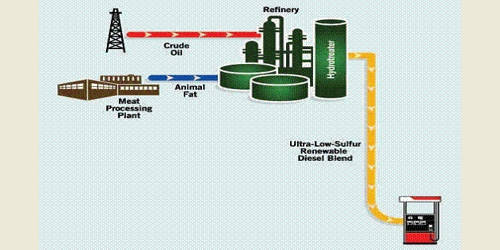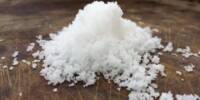Vinyl formate is an organic compound with the formula CH2=CHO2CH. It is the ester formally derived from formic acid and vinyl alcohol. Vinyl, specifically referring to vinyl compounds like polyvinyl chloride (PVC), is a versatile material with distinct properties and wide-ranging occurrences. Although rare commercially, it occurs naturally. It can be prepared by transvinylation, say by treating vinyl versatate with formic acid in the presence of a mercury(II) catalyst.
Properties
- Chemical formula: C3H4O2
- Molar mass: 72.063 g·mol−1
- Appearance: colorless liquid
- Density: 0.963 g/cm3
- Boiling point: 46.8–47.0 °C (116.2–116.6 °F; 319.9–320.1 K)
Properties
- Durability: PVC is known for its strength, resilience, and ability to withstand wear and tear. It’s resistant to impact and corrosion.
- Water Resistance: It doesn’t absorb water, making it ideal for plumbing, flooring, and outdoor applications.
- Insulation: PVC is a good electrical insulator, often used in electrical cables and wiring.
- Chemical Resistance: It is resistant to many chemicals, oils, and acids, making it useful in harsh industrial environments.
- Lightweight: It’s much lighter than metals, adding to its versatility in many uses.
- Flexibility: In its plasticized form, vinyl can be made flexible, which is useful in applications like flexible tubing or flooring.
Non-Combustible: It is a fire-retardant material, although it can release toxic fumes when burned.
Occurrences and Applications
- Construction: PVC is widely used in the construction industry for pipes, window frames, flooring, and siding due to its durability and low maintenance.
- Packaging: It is used in packaging materials like shrink wraps and plastic bottles.
- Medical Supplies: PVC is commonly used in medical equipment like blood bags, tubing, and IV containers.
- Clothing and Upholstery: Vinyl fabrics are used for synthetic leather in clothing, upholstery, and accessories.
- Toys: Many plastic toys, particularly those made for children, are produced using vinyl.
- Signage and Graphics: Vinyl is popular in signage, decals, and banners due to its ability to be easily printed on and its durability outdoors.
